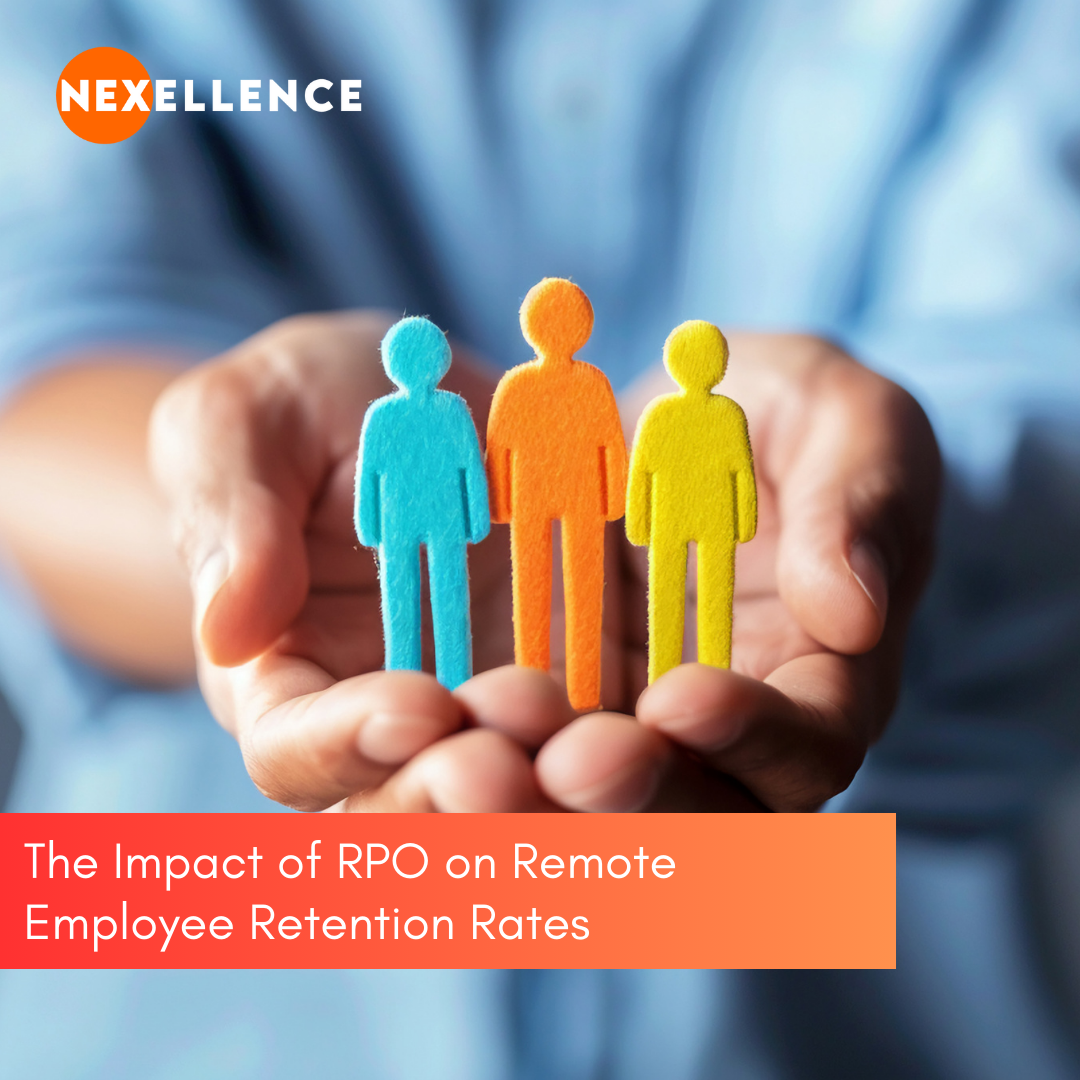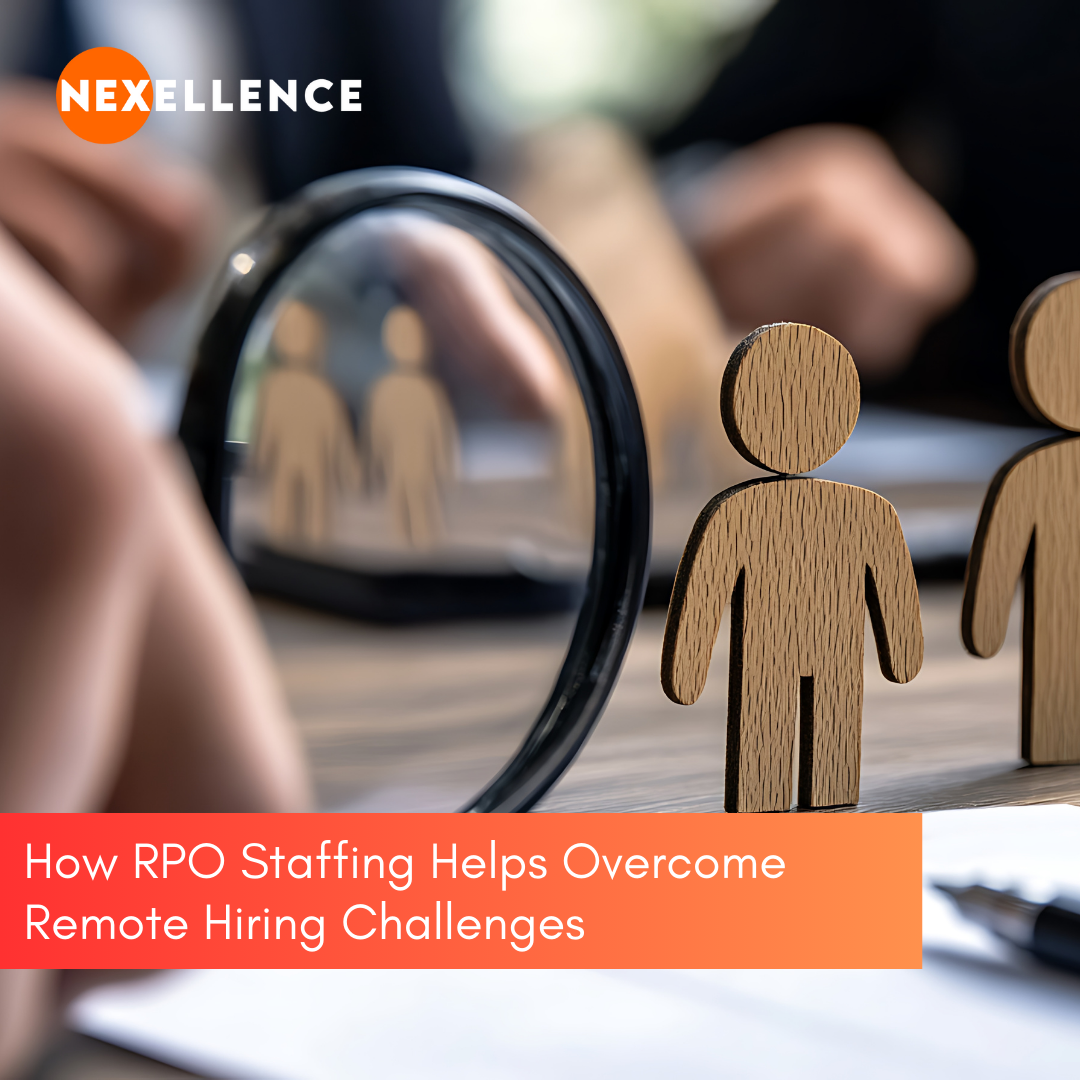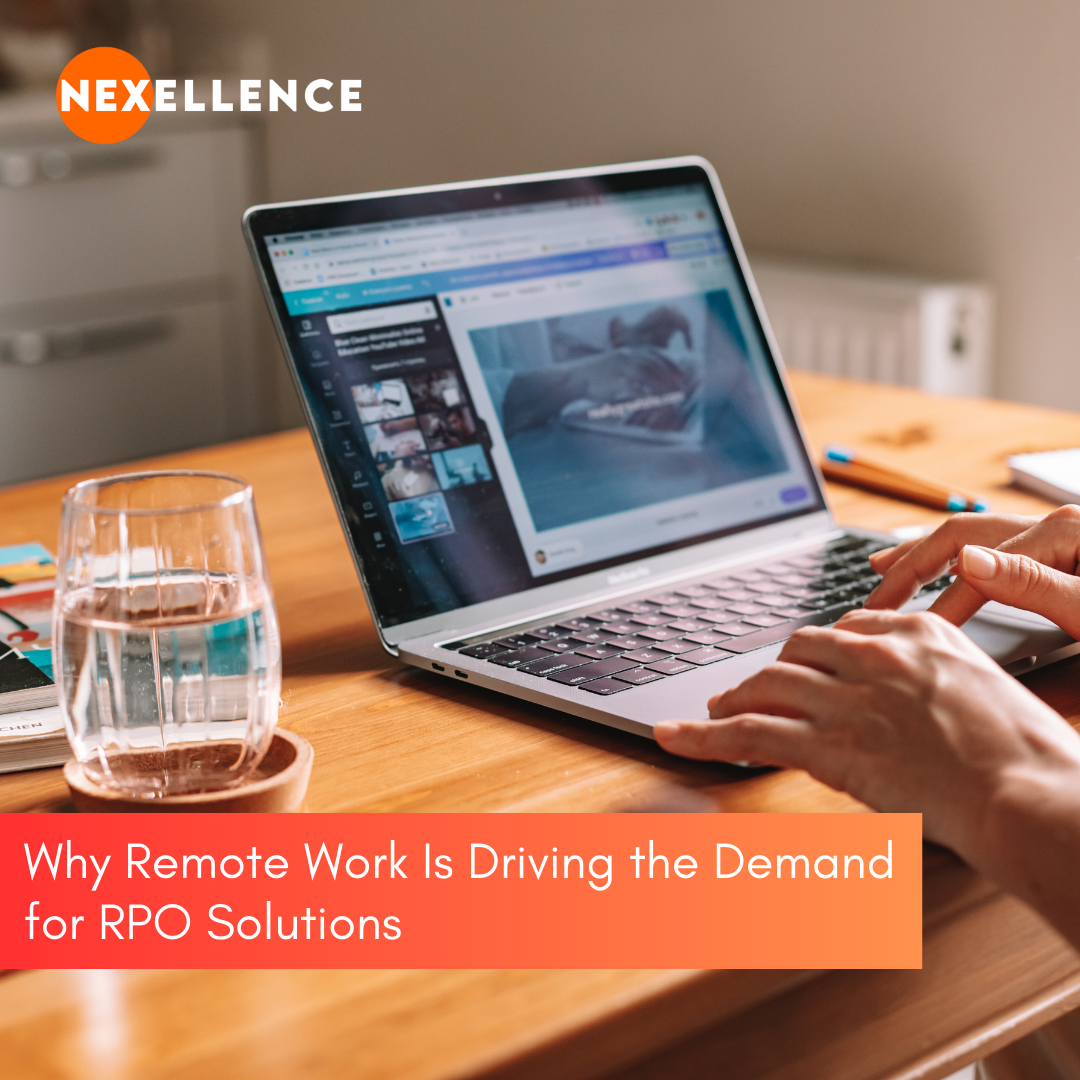In today’s hyper-competitive job market, companies are under pressure to fill roles quickly while still ensuring they hire top-tier talent. Delays in hiring can lead to lost productivity, increased workload for existing staff, and even lost revenue. However, rushing the recruitment process can result in poor hiring decisions that cost more in the long run.
This is where Recruitment Process Outsourcing (RPO) offers a strategic advantage. RPO providers bring a scalable, tech-enabled approach to hiring that accelerates time-to-fill while maintaining—often even improving—the quality of candidates.
What Is RPO?
Recruitment Process Outsourcing is a model where an organization transfers all or part of its recruitment process to an external partner. This partner acts as an extension of the internal HR or talent acquisition team, bringing deep recruiting expertise, technology, and resources to streamline the hiring process.
The Hiring Speed vs. Quality Dilemma
Hiring quickly and hiring well are often seen as competing goals. Internal teams may face challenges like:
- Limited bandwidth or recruitment expertise
- Manual processes that slow things down
- Inconsistent screening and interviewing methods
- Difficulty accessing quality talent pools
RPO addresses these issues directly, enabling companies to move fast without cutting corners.
How RPO Increases Hiring Speed and Quality
1. Dedicated Recruiting Teams
RPO providers supply experienced recruiters who focus solely on your hiring needs. They know how to quickly source, screen, and assess candidates while ensuring alignment with company culture and role requirements.
2. Access to Broader Talent Pools
With extensive networks, databases, and sourcing tools, RPO partners can tap into both active and passive candidates—something internal teams may not have the time or tools to do. This widens the talent pool without sacrificing fit.
3. Advanced Technology & Automation
RPO firms often utilize AI-powered tools for resume screening, candidate engagement, and interview scheduling. These tools eliminate bottlenecks and accelerate every stage of the process while maintaining data-driven quality assessments.
4. Standardized and Streamlined Processes
RPO brings consistency. Every candidate is evaluated through the same structured process, reducing bias and improving quality. At the same time, standardized workflows cut down on unnecessary delays.
5. Data-Driven Decision Making
Top RPO providers use metrics like time-to-hire, quality-of-hire, candidate satisfaction, and source effectiveness to continuously improve their approach—ensuring that speed does not come at the expense of standards.
6. Scalability for High-Volume Hiring
When hiring ramps up—due to growth, seasonal needs, or new projects—RPO partners can scale quickly to match the demand. This flexibility helps organizations meet hiring goals without lowering the bar.
Real-World Impact
Companies that use RPO often report:
- 30-50% faster time-to-hire
- Improved retention rates
- Higher candidate quality scores
- Lower cost-per-hire
RPO transforms recruitment from a reactive, administrative task into a proactive, strategic function.





